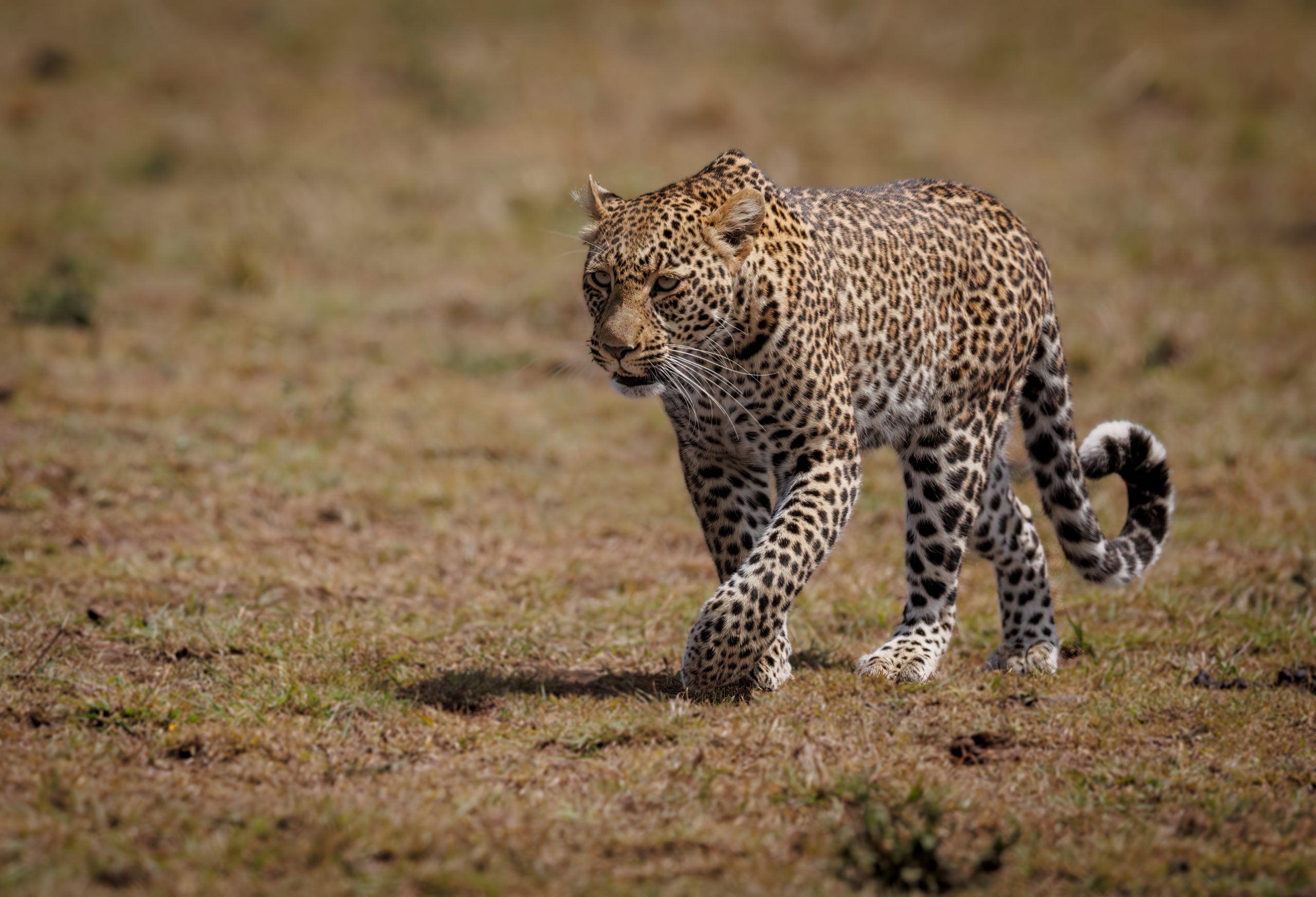Love. It’s a concept that has captivated humanity for centuries, inspiring epic poems, timeless art, and countless songs. It’s the subject of endless movies, books, and TV shows, and yet, it remains one of the greatest mysteries of the human experience. What is love? Where does it come from? And why do we crave it so deeply?
As Valentine’s Day approaches, we’re bombarded with images of love, from heart-shaped chocolates to sappy romantic comedies. But beyond the commercialized version of love, there is a deeper, more complex truth waiting to be uncovered. In this article, we’ll take an in-depth look at the science and psychology behind love, shedding light on its mysteries and exploring the factors that influence our experiences of this powerful emotion.
The Biology of Love
We often hear love described as a feeling, but in reality, it’s much more than that. Love is a complex interplay of hormones, neurotransmitters, and brain structures that work together to create a powerful bond between two people.
The first stage of falling in love is attraction, which is driven by a surge of hormones such as dopamine, norepinephrine, and serotonin. These chemicals flood the brain, creating feelings of euphoria, excitement, and a sense of infatuation. This is the “honeymoon phase” of a relationship, where everything feels perfect and our brains are flooded with feel-good chemicals.
But as any long-term couple knows, the honeymoon phase doesn’t last forever. As we move into the next stage of love, attachment, the brain releases a hormone called oxytocin. This is often referred to as the “cuddle hormone” because it promotes feelings of trust, closeness, and bonding. Oxytocin is also released during physical touch, such as hugging, kissing, and sex, helping to deepen the connection between two people.
Interestingly, research has shown that the same areas of the brain that are activated during the early stages of love are also activated during addiction. This explains why love can feel like an all-consuming, addictive force, as our brains become hooked on the chemical rush of falling in love.
The Psychology of Love
While biology plays a significant role in love, psychology also plays a crucial role in how we experience and express love. According to the triangular theory of love, developed by psychologist Robert Sternberg, love is made up of three components: intimacy, passion, and commitment.
Intimacy refers to the emotional closeness and connection between two people, while passion is the physical and sexual attraction. Commitment is the decision to maintain the relationship, despite any challenges or obstacles that may arise.
Based on this theory, there are different types of love, depending on the combination of these three components. For example, consummate love is characterized by high levels of all three components, while empty love is characterized by a lack of intimacy and passion but a commitment to the relationship.
But what causes us to feel these different types of love? Psychologists have identified several factors that can influence our experiences of love, including attachment styles, childhood experiences, and cultural norms.
Attachment styles, developed in early childhood, can play a significant role in how we approach and experience love in our adult relationships. Those with a secure attachment style, who had caregivers that were consistently responsive and loving, tend to have more secure and satisfying relationships. On the other hand, those with an insecure attachment style, who may have had caregivers that were inconsistent or neglectful, may struggle with intimacy, trust, and commitment in relationships.
Our childhood experiences can also shape our expectations and behaviors in love. For example, if we grew up witnessing a healthy, loving relationship between our parents, we may be more likely to seek out and maintain a similar relationship in our own lives. But if our parents’ relationship was tumultuous or unhealthy, we may subconsciously seek out partners who replicate those patterns, leading to a cycle of toxic relationships.
Culture also plays a significant role in how we perceive and express love. Different cultures have different norms and expectations when it comes to love and relationships. For example, in some cultures, arranged marriages are the norm, and love is seen as a secondary factor in choosing a spouse. In contrast, in Western cultures, love is often seen as the most crucial factor in a relationship, and individuals are encouraged to follow their hearts and find their “soulmate.”
The Evolutionary Purpose of Love
So why do we even feel love in the first place? According to evolutionary psychologists, the purpose of love is to ensure the survival of our species. In the early days of human evolution, forming strong bonds with a mate was essential for survival, as it increased the chances of successfully raising offspring.
But love also serves another purpose in modern society. It’s a powerful motivator, driving us to seek out and maintain relationships that bring us joy, support, and companionship. Love is also a source of comfort, providing a sense of security and belonging in a sometimes chaotic and uncertain world.
Uncovering the Mysteries of Love
While we may never fully understand all the mysteries of love, science and psychology have shed light on some of its inner workings. From the biology of attraction to the psychology of attachment, we now have a better understanding of why and how we experience love.
But perhaps the greatest mystery of love is the unique and individual experience it provides for each of us. No two loves are the same, and that’s what makes it such a rich and complex emotion. So this Valentine’s Day, whether you’re single or in a relationship, take a moment to appreciate the mystery and magic of love, and remember that it’s a force that connects us all in a deeply human way.




